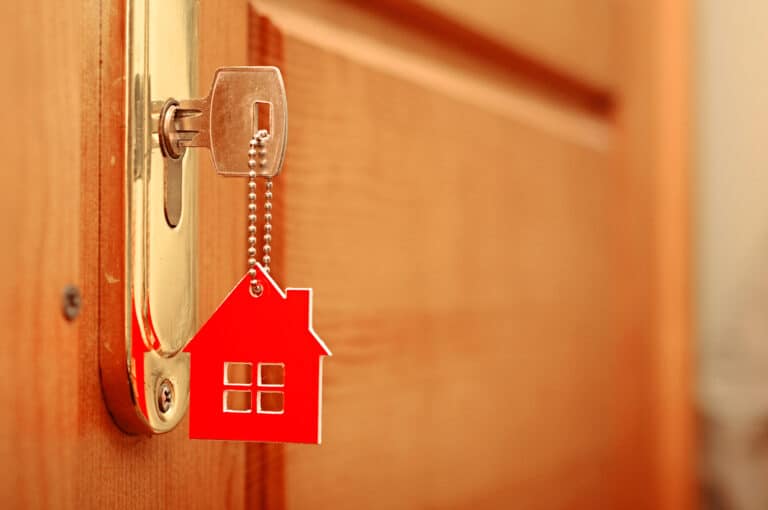
Many people who want to get a mortgage aren’t.
If you’re reading this, you’re probably worried about getting a mortgage. An Urban Institute study found that mortgage applicants fell into three groups:
- Applicants with a good credit score and a large down payment
- Those who have bad credit (below 580) and don’t have much money down
- They have both their credit scores and the money they put down.
At the top, you’re almost certain to get a mortgage. At the bottom, the chances of being turned down are the same. Those in the middle have the hardest time figuring out whether their lender will approve or deny their loan.
Calculating
Researchers looked at HUD and CoreLogic data to find applicants with “low credit profiles” (in other words, risky borrowers). “LCP” files are what these are called. There are three things that make you a good borrower:
All the numbers are added up.
At the top, you’re almost certain to get a mortgage. At the bottom, the chances of being turned down are the same. Those in the middle have the hardest time figuring out whether their lender will approve or deny their loan.
- Loan-to-value
- FICO score
- DTI, which compares income and spending
You can see how likely it is that your debt-to-income ratio, which Ellie Mae says is 39%, puts you in the “risky” category in the graphs that follow.
Meaning of a down payment
One would assume that lenders would approve anyone with a 30% down payment or equity in the property. A score of 740 or higher removes rejection almost entirely. But lenders often reject people with poor FICO scores.
If your credit score is below 620, Fannie Mae and Freddie Mac will not purchase your mortgage. It makes no difference how much you have saved for a down payment. If you have low credit, you must seek out FHA, VA, or “subprime” lenders.
The less your down payment, the less likely you are to obtain a mortgage. Now let’s examine how various programs evaluate your risk profile and success likelihood.
Prospects for Fannie Mae and Freddie Mac approval
Conforming mortgages from Freddie Mac and Fannie Mae have minimum FICO score requirements of 620. Additionally, they accept mortgages with LTVs between 95 and 97 percent. Additionally, the two corporations would acquire mortgages with maximum debt-to-income ratios of 45%.
That does not indicate acceptance with a small down payment, a high DTI, and poor credit. As in:
- With a FICO score of 620, you may be eligible for a fixed-rate mortgage with a 25% down payment and a DTI of 36% or less.
- A credit score of 680 and a maximum DTI of 36 percent are necessary for less than a 25 percent down payment.
- In this instance, a 640 FICO is necessary with a 25 percent down payment, or a 700 FICO is required with less than 25 percent down.
Approval for an FHA mortgage
There are far fewer restrictions in the FHA’s regulations. In order to get a 3.5 percent down payment, they will take FICO scores as low as 580, and 500 with 10 percent down. However, allowing poor credit is one thing; actually having it is quite another. FHA may consider you if you have no credit history, too many accounts, or a bad credit history that is at least one year old. But if you frequently default on payments or are in debt, you’re too risky. For a least of a year, you must show that you have good debt management skills by making all of your payments on schedule.
It’s a fine line.
FICO, DTI, and LTV — your credit profile, loan-to-income ratio, and down payment – all play a role in a loan acceptance. You must make up for what you lack in another area.
Our Home Affordability Analyzer can help you figure out how much house you can afford each month.
- Compute the difference between your current housing expenses and those you will incur in the future.
- Utilize the difference in your income to reduce your debts to a sustainable level.
- Invest a portion of your debt-free funds in savings to augment your down payment.
This achieves various goals. It shows you how much money you need to purchase a property so you don’t overspend. It raises your credit score. And it keeps you out of the terrible Low Credit Profile area that lenders avoid.